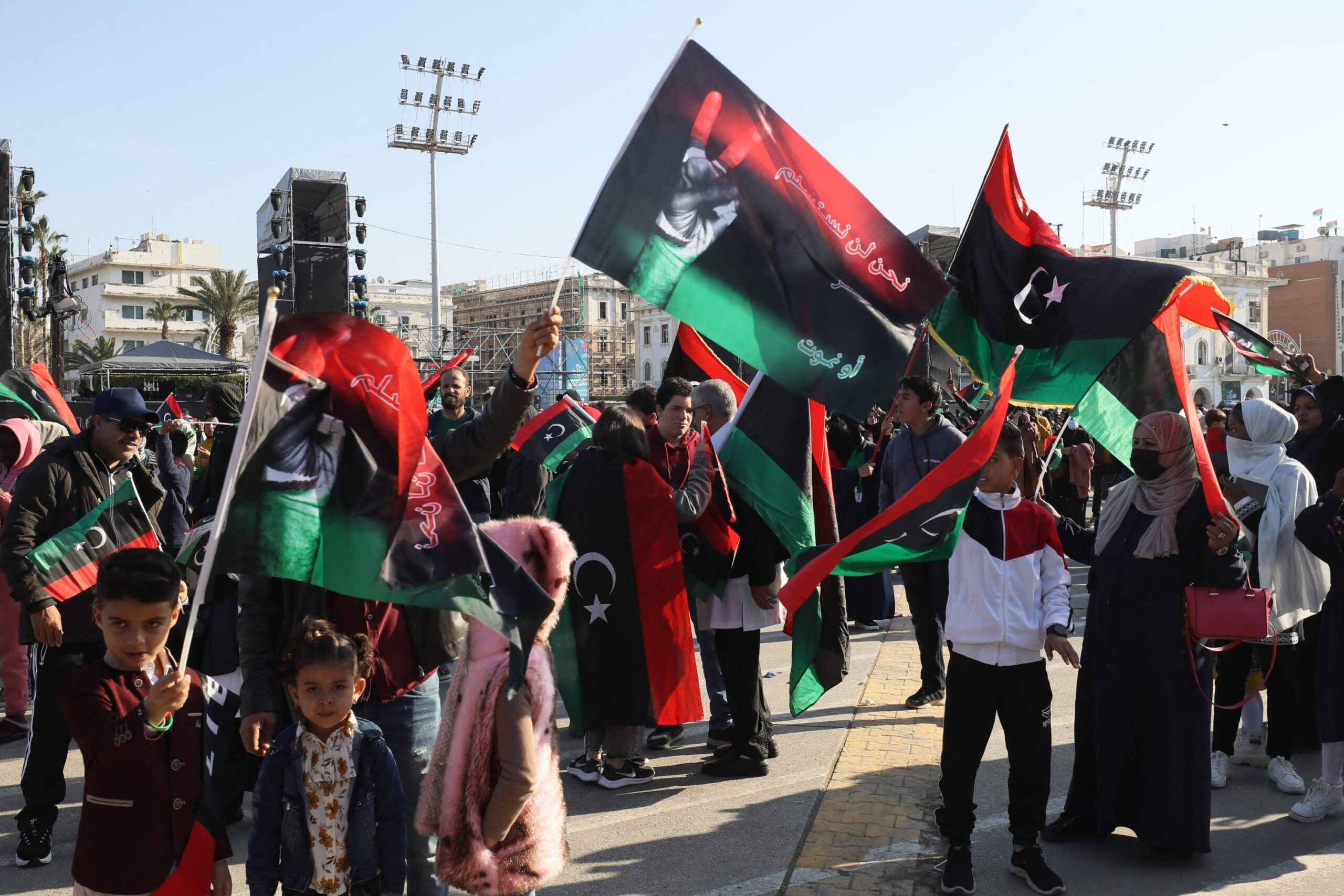
The United Nations praised Libya’s municipal elections turnout of 71 percent, calling it a powerful sign of citizens’ hunger for representation. UN Special Representative Hanna Tetteh told the Security Council that twenty-six municipalities voted on 16 August despite daunting logistical and security challenges.
She commended Libya’s High National Elections Commission and security services, describing their coordination as vital for ensuring the polls proceeded against formidable odds. By the end of election day, participation figures soared, reflecting Libyans’ determination to shape their governance after years of fractured authority.
Tetteh stressed that, in several regions, the vote marked the first democratic exercise since 2014, symbolising a break from political stagnation. She outlined a roadmap built on three pillars: credible electoral frameworks, unification of governing institutions, and broad dialogue enabling inclusive national participation.
Despite the hopeful turnout, Tetteh warned that Libya’s fragile security landscape remains volatile, with escalating militarisation threatening prospects for sustainable stability. Tripoli, she noted, stands at the heart of this volatility, where rival groups continue to exert pressure, deepening political and social unease.
Appealing directly to the Council, she urged unity, declaring that Libyans look for decisive international support to advance peace and reconciliation. “Your ability to speak and act with one voice is a message that will resonate across Libya,” she told delegates.
The country remains divided between two administrations: Abdul Hamid Dbeibeh’s internationally recognised government in Tripoli and Osama Hammad’s eastern authority appointed by parliament in 2022. Both claim legitimacy, leaving Libya suspended between competing centres of power while citizens search for a collective path toward peace and unity.
